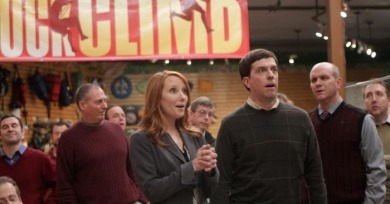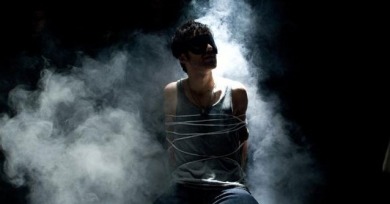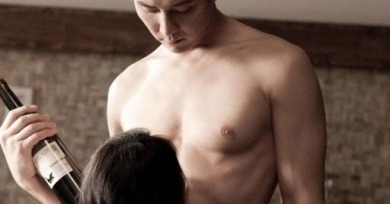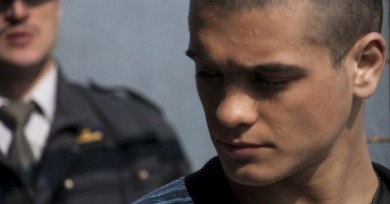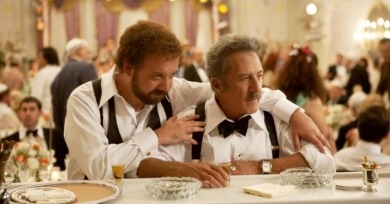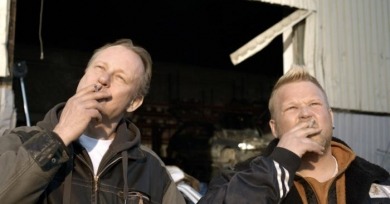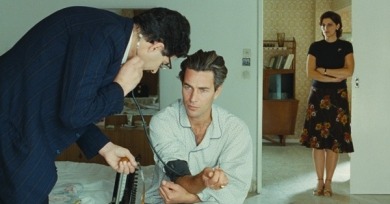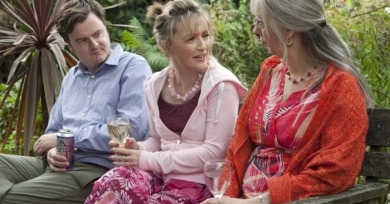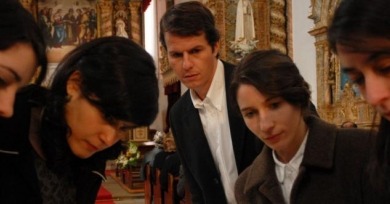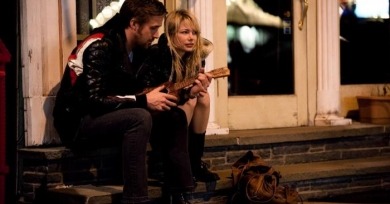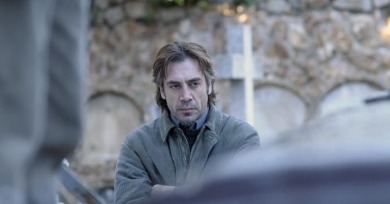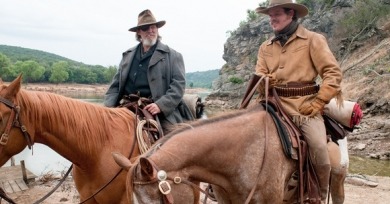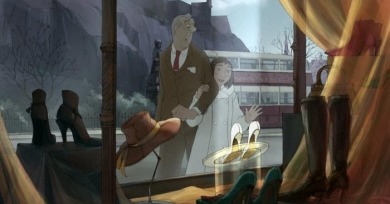Reviews
In Cedar Rapids, Miguel Arteta proves that he’s capable of finding humanity and subtext where other filmmakers see caricature and cliché.
Even more than Pedro Almodóvar, Todd Haynes, and other former enfants terribles of the queer filmmaking world, Gregg Araki seems caught in the double bind of maintaining outré street cred while simultaneously showcasing a more “mature” vision.
Before Im Sang-soo’s version premiered at Cannes last year, The Housemaid had already been remade four times by Kim himself, each version further twisting an already deformed tale of a ferocious femme fatale who enters a middle-class home and tears apart its nuclear family.
It sounds like proudly madcap indie quirk, but it isn’t quite that. It is something that’s occasionally altogether bracing, and Barney’s Version is at its best when, as in the above described wedding scene, its main character’s incorrigibility seems to have permeated his entire surroundings.
Structured in four parts, the self-identifying-Palestinian actor-director’s latest film, like his previous ones, straddles the line between sobriety and whimsy in its evocation of the absurdity of the contemporary Israel-Palestine reality—perhaps not without effort, but also not without a great degree of artistic success.
In Mike Leigh’s Another Year, four seasons come and go, characters arrive and depart, produce ripens and rots, everything and nothing changes. There's such weariness in that title. Living is shadowed by dying, bounty is turned over by hunger, loneliness is assuaged by company.
Don’t let the anecdotal nature of the now 102-year-old Portuguese auteur’s most recent films fool you, however. His rigor and precision—and canny sense of how to lull and then delightfully frustrate an audience—remain intact.
One can only hope that the ludicrous ratings scandal doesn’t distract from Derek Cianfrance’s haunting work itself, which is powered by a simple yet surprisingly effective narrative gimmick.
If you took Ikiru, added a dash of The Sixth Sense, a dollop of A Woman Under the Influence, and then topped it off with a pinch of El Norte, you might end up with something resembling Alejandro González Iñárritu’s Biutiful.
Never one to shy away from controversial subject matter or to give audiences an easy ride, Bruno Dumont willingly walks into an ideological minefield for his latest, Hadewijch.
The early teaser of True Grit that played before last summer’s Inception presented staccato shots of glowering cowboys raising heads and six-shooters from the shadows, cocking them at quivering defenseless victims, and muttering cryptic macho dialogue.
A defiantly 2-D, hand-drawn cartoon in a 3-D CG world, The Illusionist tells the story of an over-the-hill magician who, at the end of the 1950s, finds himself increasingly irrelevant to audiences, a dying breed of performer who cannot compete with the upheaval the rock-and-roll sixties are about to usher in.
